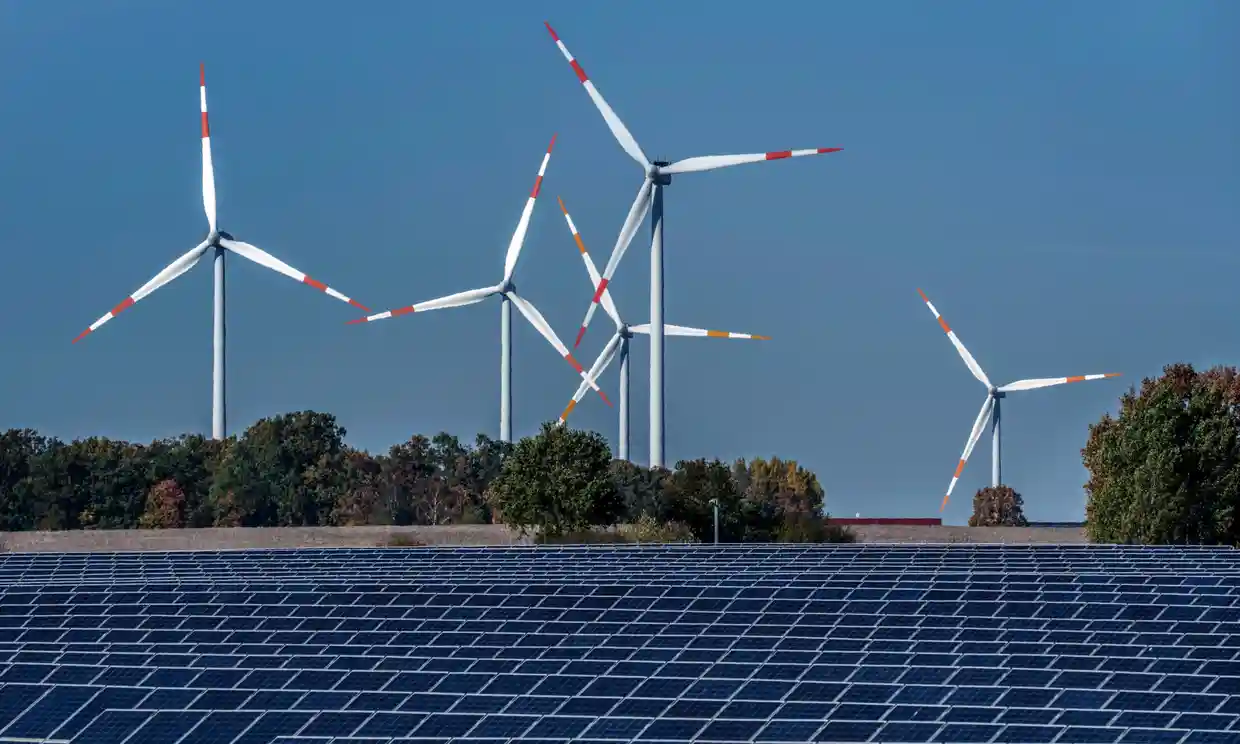According to ambitious proposals to be unveiled by Labour tomorrow, individuals across the UK will be given cost of living concessions – such as decreases in their council tax – if their cities, towns, and villages sign up for new “clean energy” projects.
Keir Starmer and Ed Miliband will describe how GB Energy, a new public organization, would work with local government, communities, and the private sector in order to create hundreds of thousands of jobs and reduce home energy costs.
The Local Power Plan would allow communities to submit their own unique projects for renewable energy directly owned by local people. Projects like solar panels will be installed on public land or on the rooftops of housing estates.
Additionally, it will promote collaborations with regional mayors and the governments of Scotland and Wales in order to assist them in creating their own local sustainable energy strategies.
One important requirement for GB Energy to invest public funds was that the local community would reap financial rewards for their role in the clean energy revolution. By 2030, there might be one million owners of renewable energy, according to Starmer and Miliband’s announcement that GB Energy will provide up to £600 million in support for local governments and up to £400 million in low-interest loans per year for communities.
The shadow chancellor, Rachel Reeves, pulled back plans to borrow £28 billion annually to invest in green employment and industries earlier this month in response to the weak economic environment and to improve Labour’s fiscal credibility.
However, the party is still adamant about keeping the green industrial revolution at the center of its policy platform because it believes it would help the economy, create employment, reduce energy costs, and combat climate change.
Labour’s proposals contrast sharply with Tory policy, which in effect forbids the expansion of onshore wind energy while calling for action against global warming with increasing urgency.”GB Energy is about placing power and wealth back in the grasp of the British people,” stated Ed Miliband.A public institution will create energy across Britain for the first time in years, and the profits will go straight to working people.
“We want the British people to experience the advantages of Labour’s clean energy transformation in lower bills and jobs in their towns, cities, and villages.The change of our energy system and economy under a Labour government is just getting started.
The program will bring Britain into line with the accepted standard in other European nations. Due to the early success of wind cooperatives, 52% of wind energy in Denmark and at least 50% of onshore wind in Germany are held by the public.
When it comes to clean energy, “the next Labour government will be builders, not blockers,” claimed Starmer. “I want the locals to benefit from that power, and they will with Labour,” he said. With the help of GB Energy, a publicly traded energy firm that is building clean energy for the initial time in generations while giving the profits to the British people, we will bring power home.
People are curious as to what our plans will entail for their neighborhood. Labour will harness the energy of Britain’s sun, wind, and water to add clean energy to the grid and put money in the spaces of the British people, whether it be through onshore wind in Wales, rooftop solar panels in our cities, or community energy in Scotland.
“Publicly owned energy generation is generating wealth and benefiting local people in every other country driving forward the development of clean power,” Miliband continued.He stated that the UK “needs a plan to end the crisis of skyrocketing energy bills once and for all.”

